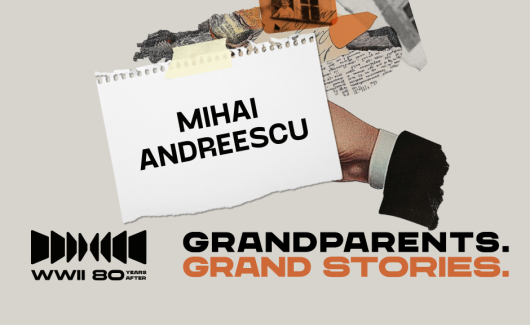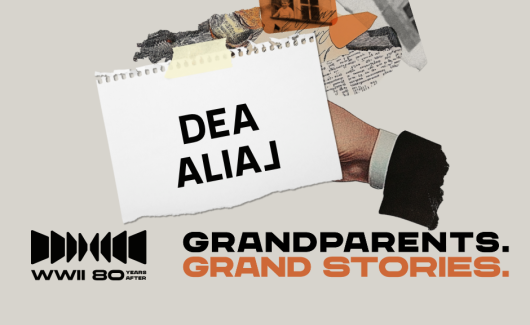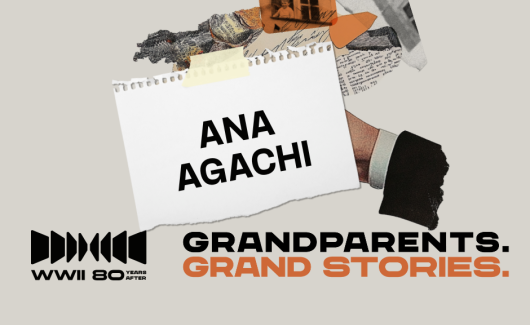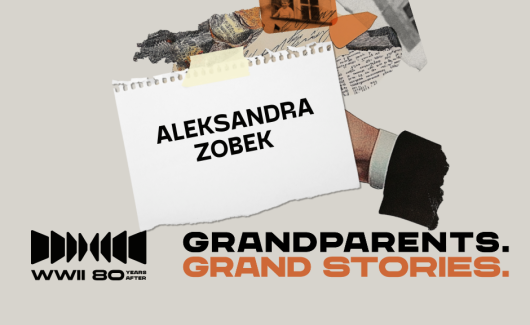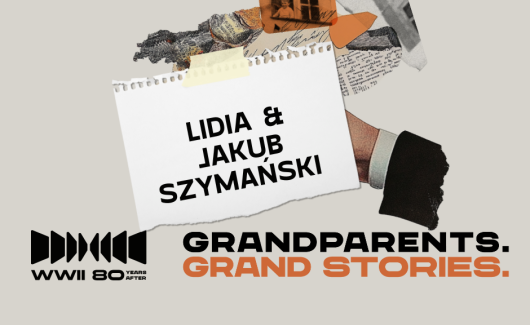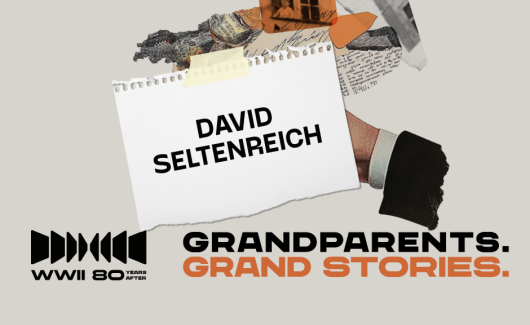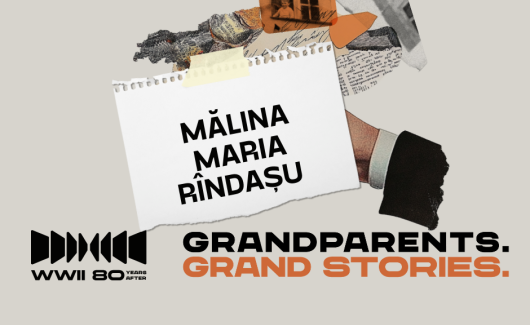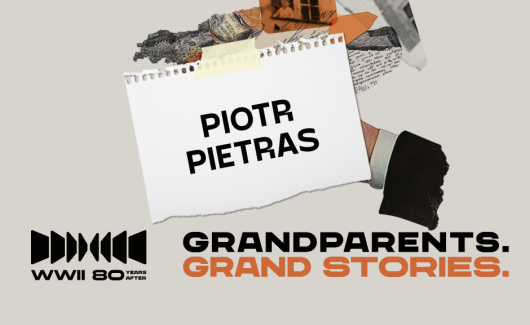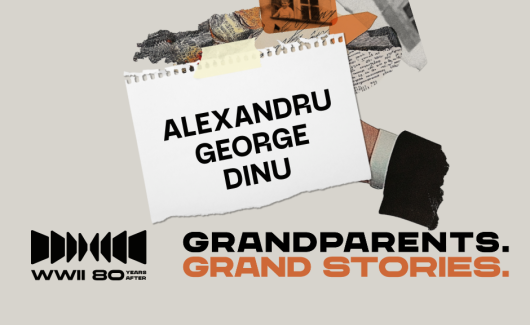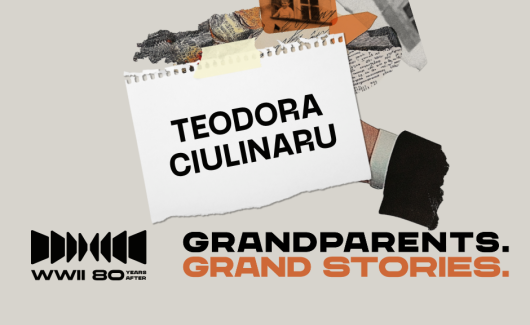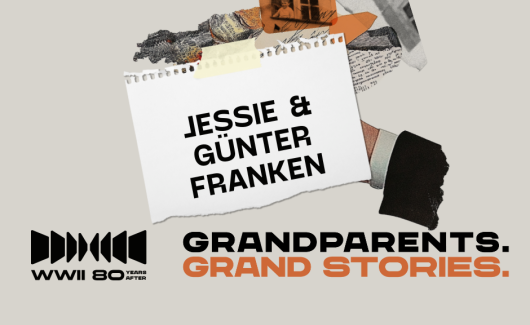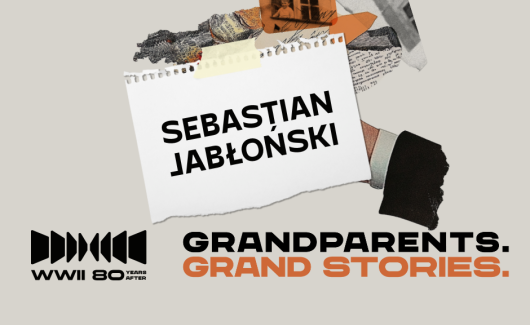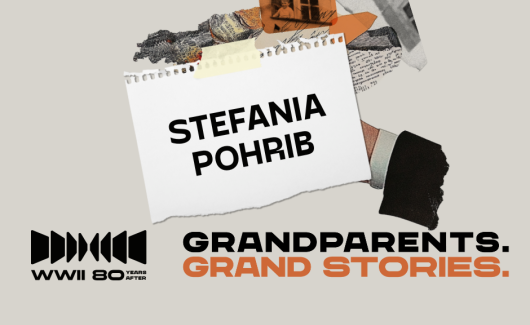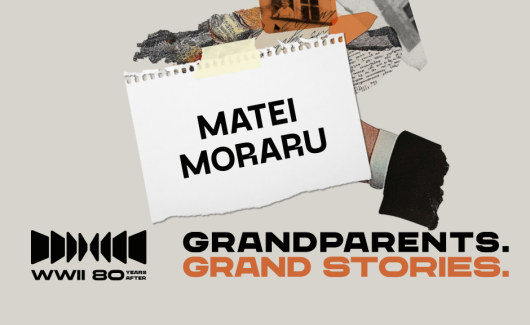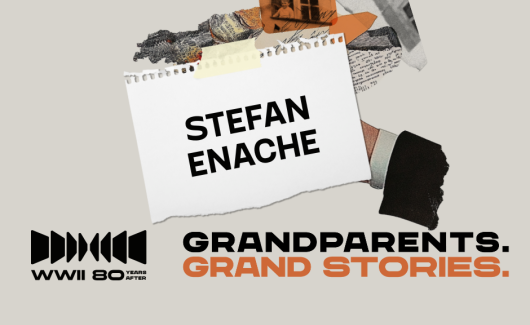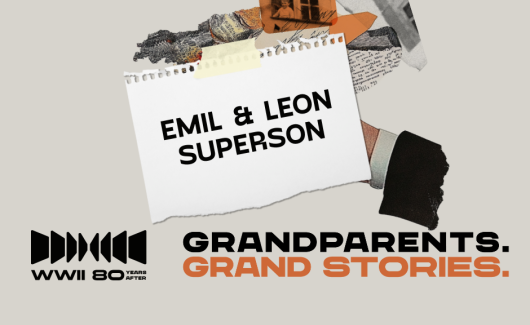Mihai Andreescu
Romania
Go through our publications! At ENRS, we want to create a forum for exchange of opinions between historians, social studies scholars, and representatives of other disciplines engaged in memory studies. One of the ways of achieving this goal is by publishing our own annual journal "Remembrance and Solidarity Studies", as well as supporting external publications focused on remembrance and history of the 20th century in Europe.
The No Name Partisan
Dea Aliaj
Albania
My Family’s History
Ana Agachi
Moldova
Grandparents. Grand Stories: Olszowski Family
Aleksandra Zobek
Poland
March to Kołobrzeg
Lidia and Jakub Szymański
Poland
Komorád and His Writings
David Seltenreich
Czech Republic
The Experiences of Romanian Women in World War II: Family Dramas, Social Status and Adaptability
Rîndașu Mălina-Maria
Romania
I Will Tell You about My Great-Grandfather, Roman Szymczak…
Piotr Pietras
Poland
The Stories of My Grandfather and Grandmother during World War II
Ka-Chun Lin
China
The Rescue from Behind the Dovecote
Alexandru George Dinu
Romania
Macoviciuc Sandu – A Life Marked by War and Captivity
Through a Child’s Eye: My Grandfather’s Memories of World War II
Jessie-May Franken
Germany
My Grand-Grandmother Karolina Jabłońska
Sebastian Jabłoński
New Zealand
My Great-Grandfather Tudorache Cozma
Stefania Pohrib
Romania
Grandparents. Grand Stories: Stefan Dascalete
Matei Moraru
Romania
Grandparents: Grand Stories. Vasile Filipoiu
Stefan Enache
Romania
H.A. Barson Wanted
Sofia Di Filippo
Italy
War Through the Eyes of Our Great-Grandmother
Emil and Leon Superson
Poland/Norway
This story is written together by Emil, aged 10, and Leon, nearly 9.
It came about as a result of a conversation between the boys and their grandmother - the daughter of Marianna in the story.
“Today, our Grandmother told us about the Second World War memories of our Great-Grandmother Marianna.
Great-Grandmother was born in a small village called Kuźniaki, next to Perzowa Góra mountain, on the edge of the Puszcza Świętokrzyska great forest. Great-Grandmother didn’t often talk about the war or the hardships of life after it. She did, however, remember the beginning. On the 1st of September, 16 days before her eighth birthday, the radio announced that the German Reich’s troops had entered Poland. She didn’t understand what that meant, but she knew something bad was happening.
She said that, along with the other villagers, they would flee into the forest at night. People hid in the woods and lived there. They couldn’t always light a fire, even if it was cold, for fear of being found. Partisans also hid in the forests.
There was hunger. The Germans took food and animals – cows, chickens, horses – and then they burned down homes. They took children and shot people. They took her mother and older sister and sent them to the Reich for forced labour. At that time, no one knew if or when they would return. People could also be sent to a concentration camp.
Great-Grandmother remembered how heavy fighting took place in the village of Huciska, just beyond Perzowa Góra mountain.
Great-Grandmother didn’t go to school because the family only had one pair of shoes for all the children to share.”
